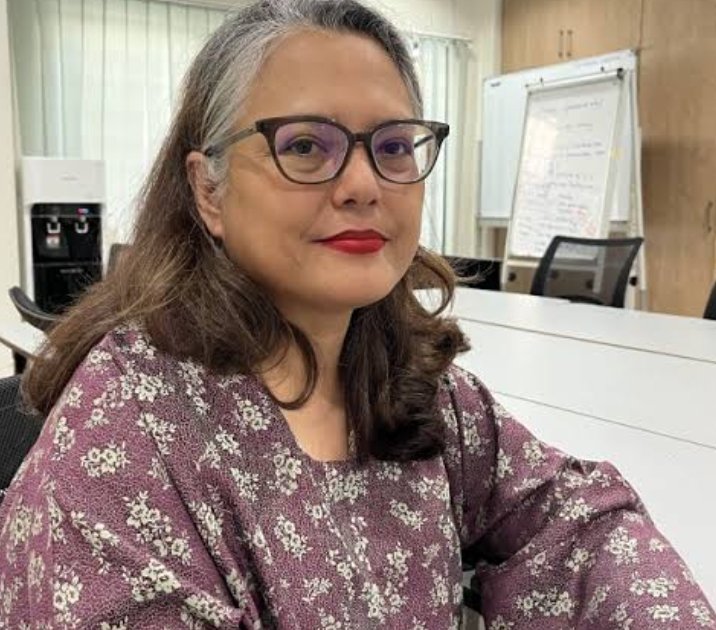Malaysia: How a Hindu mother is fighting for her children


Malaysia- Loh Siew Hong spent three years looking for her three children after divorcing her abusive husband. Her ex-husband absconded with the children after the divorce and steadfastly refused to let her know where they were. Last year, Loh finally found her twin daughters and son, who are now between the ages of 11 and 15. But she also learned that, in order to maintain custody, their father had converted from Hinduism to Islam and had the children do the same.
In a carefully followed case that has brought into harsh focus the strong ethnic and religious identity markers that form the cornerstone of Malaysian state policy, Loh is currently contesting the children’s conversions. Malaysia, a constitutionally Muslim nation, has been split apart by identity group politics as a result of the landmark judicial case. The nation’s rules prohibit non-Muslims like Loh from being married to or having children with Muslims without first converting.
Srimurugan Alagan, a lawyer on Loh’s legal team stated that “The religious authorities feel that by giving in to Madam Loh, we are sacrificing our might of Islam. It’s just a battle of egos,”.
Malaysia has prioritized economic and educational protections for its majority Muslim Malay population and Indigenous citizens over ethnic Chinese and Indian citizens, whose ancestors were brought to the country by the British as cheap labor, since gaining independence from British colonial rule in 1957. The government claims that Malaysia’s multilingual and multiethnic society can only coexist happily by allocating resources to clearly defined ethnic and religious groupings.
Although Loh currently takes care of her three small children, she wants their conversion to be revoked. She lost a judge’s decision in May, but she is appealing. Her claims have been heard in secular courts in Malaysia, which has a dual secular and Shariah legal system. Rozana Isa is the director of Sisters in Islam, a non-profit organisation that reinterprets Islamic scripture from the perspective of gender equality. As the nation prepares for state elections in August, rhetoric about defending Malay Muslim rights is at an all-time high. She is making an appeal to reverse the conversion of the children.
“People respond to this issue in a very emotional way because it’s not just about the children,” says Rozana Isa, the leader of Sisters in Islam, a gender equality advocacy organisation in Malaysia that reinterprets Islamic teachings from a feminist perspective. “What comes into play is the need to defend Islam at all costs.”
DISCLAIMER: The author is solely responsible for the views expressed in this article. The author carries the responsibility for citing and/or licensing of images utilized within the text.
